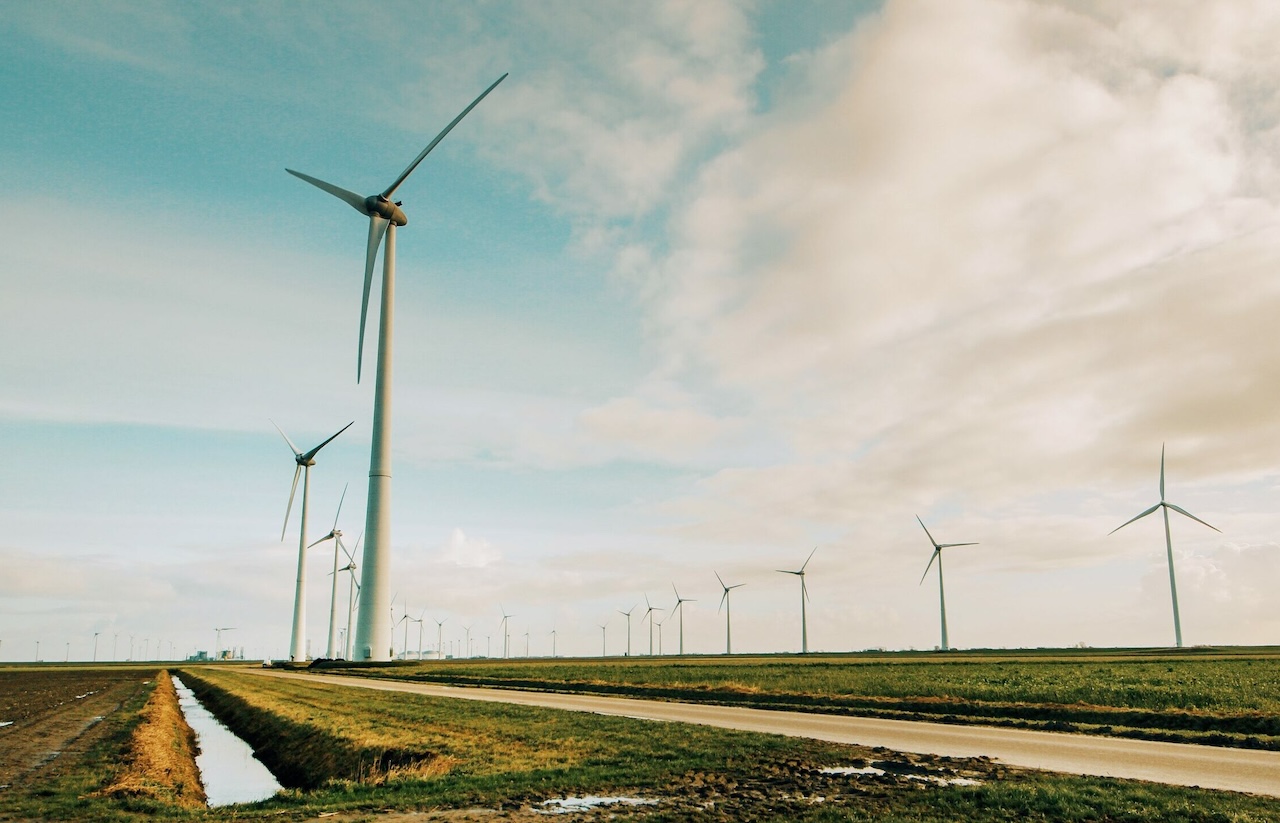In a significant development, German authorities have issued a European arrest warrant for a Ukrainian diving instructor implicated in the sabotage of the Nord Stream gas pipelines, a critical infrastructure project running from Russia to Germany beneath the Baltic Sea. This incident, which occurred in September 2022, has heightened tensions amid already strained relations between Russia and the West.
Reports from three influential German media outlets – SZ, Die Zeit newspapers, and broadcaster ARD – revealed on Wednesday that the instructor, believed to have previously resided in Poland, is suspected of participating in the underwater operation that led to the destruction of the pipelines. Despite the gravity of the allegations, the German prosecutor general’s office has refrained from commenting on these developments. Similarly, inquiries directed at the Polish public prosecutor’s office have yet to yield any response. Recent reports suggest that the suspect may no longer be in Poland, adding another layer of complexity to the international manhunt.
The investigation has also identified two other Ukrainian diving instructors as persons of interest, though they have not been subject to arrest warrants at this stage. The sabotage act has thrown a spotlight on Germany’s dependence on Russian gas, especially in the context of the ongoing conflict in Ukraine. The destruction of three out of the four Nord Stream pipelines has been shrouded in mystery, with Russia and Western nations casting blame on each other, each denying any involvement. A Swedish probe lent weight to the sabotage theory, discovering explosive residues on debris collected from the site.
Earlier this year, German prosecutors conducted a raid on a vessel suspected of transporting the explosives used in the operation. They have posited that trained divers executed the sabotage at a depth of approximately 70 to 80 metres. This incident has not only underscored the vulnerabilities in critical energy infrastructure but also the geopolitical rifts that continue to define the relationship between Russia and the West.
News Team





